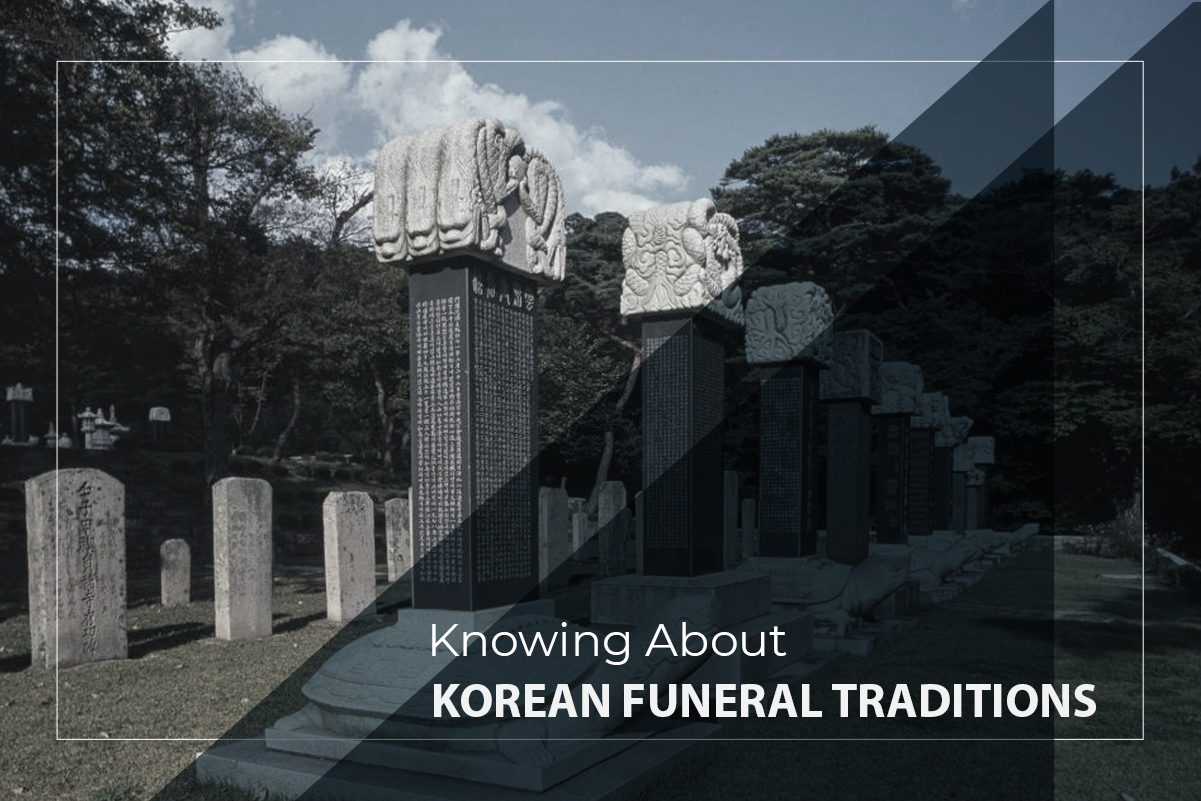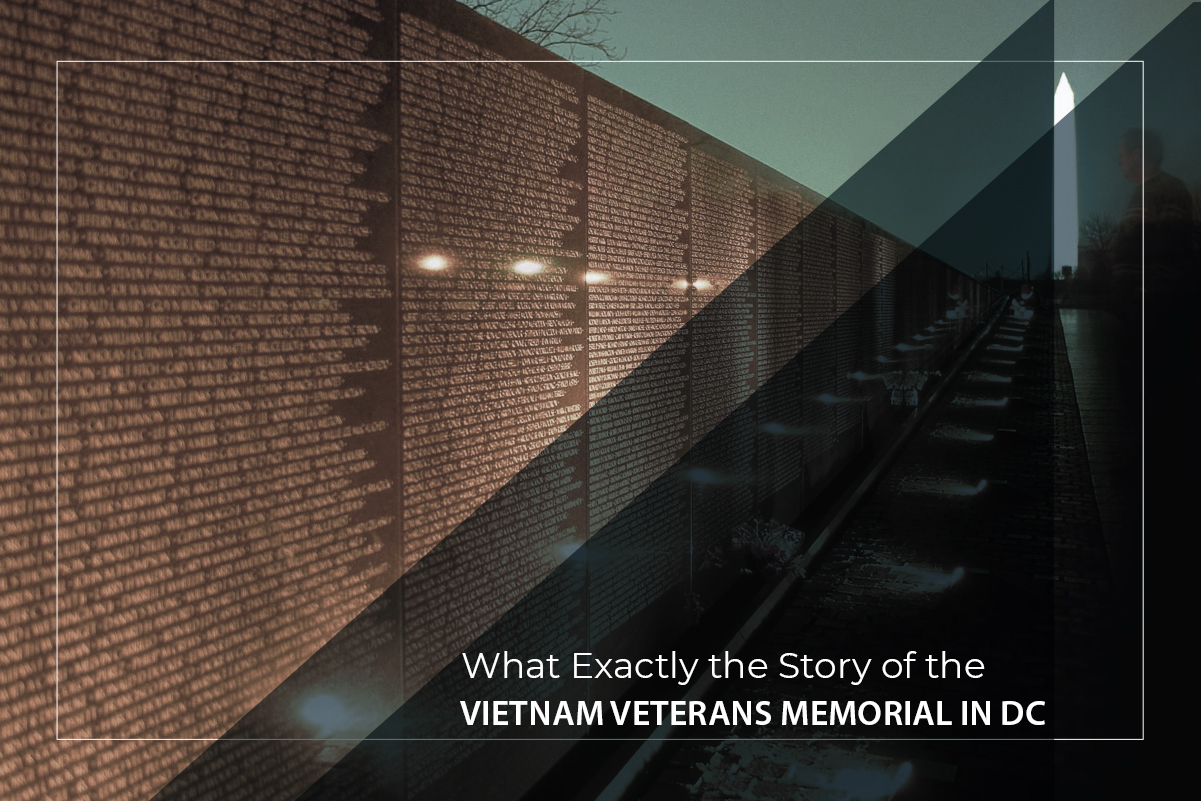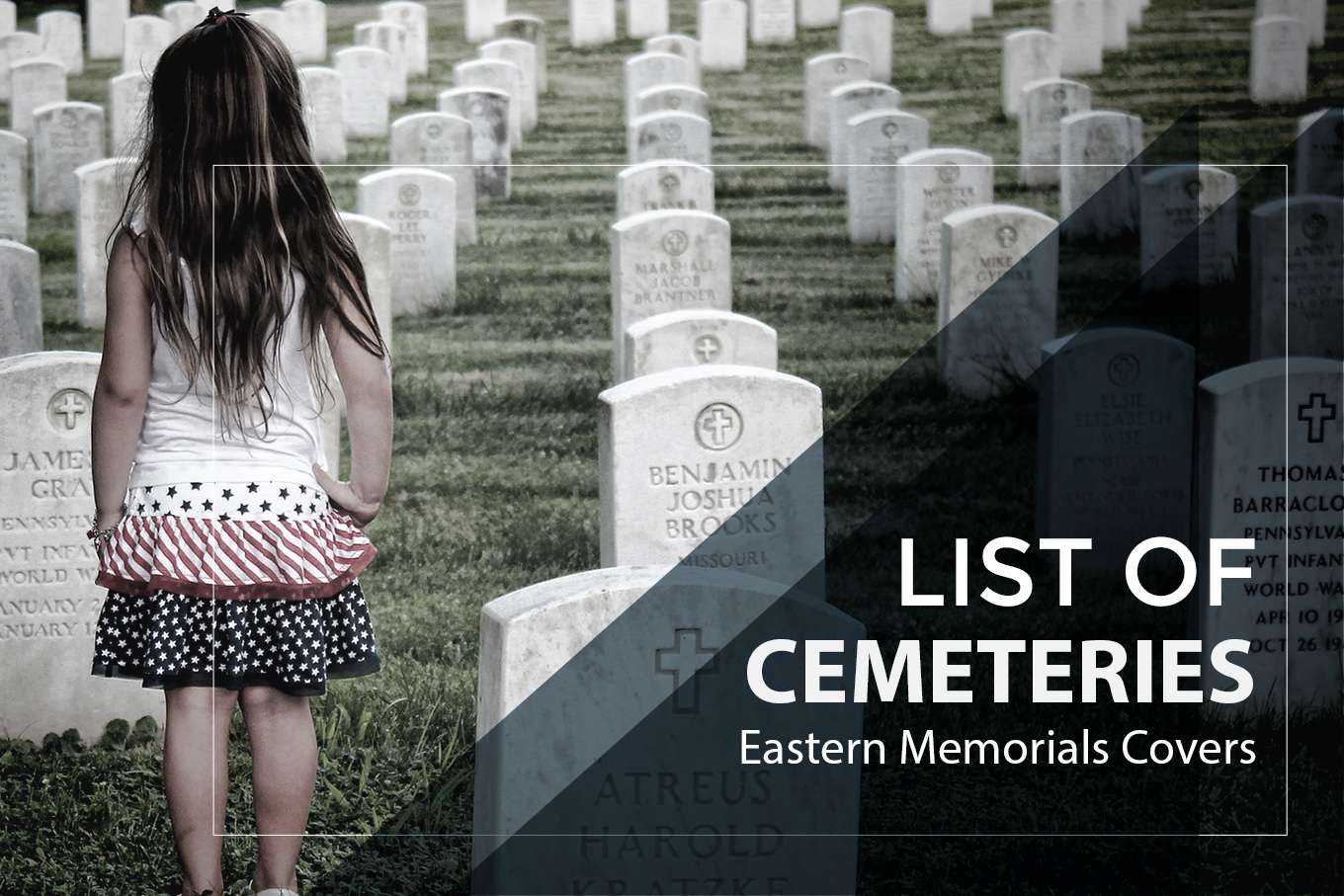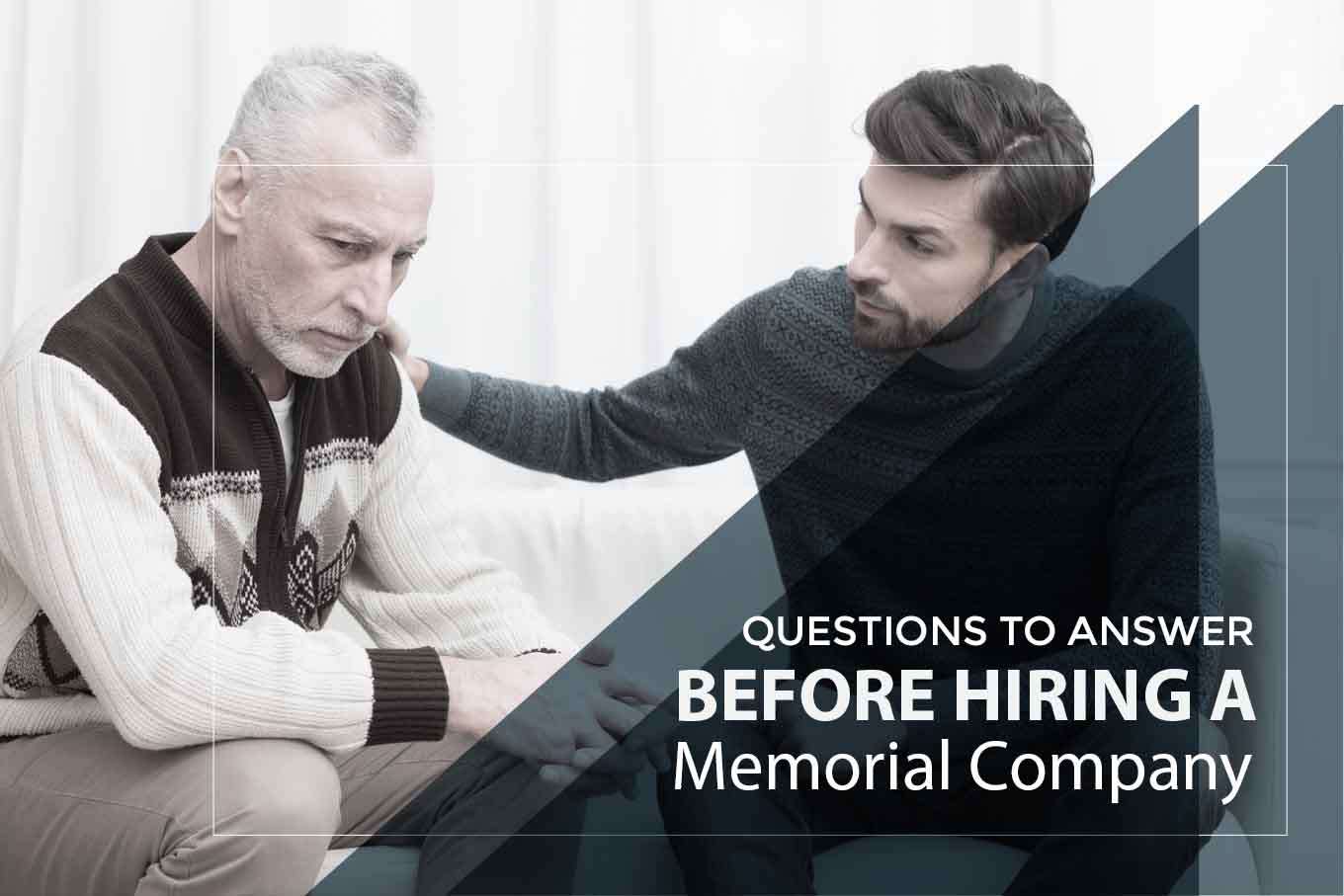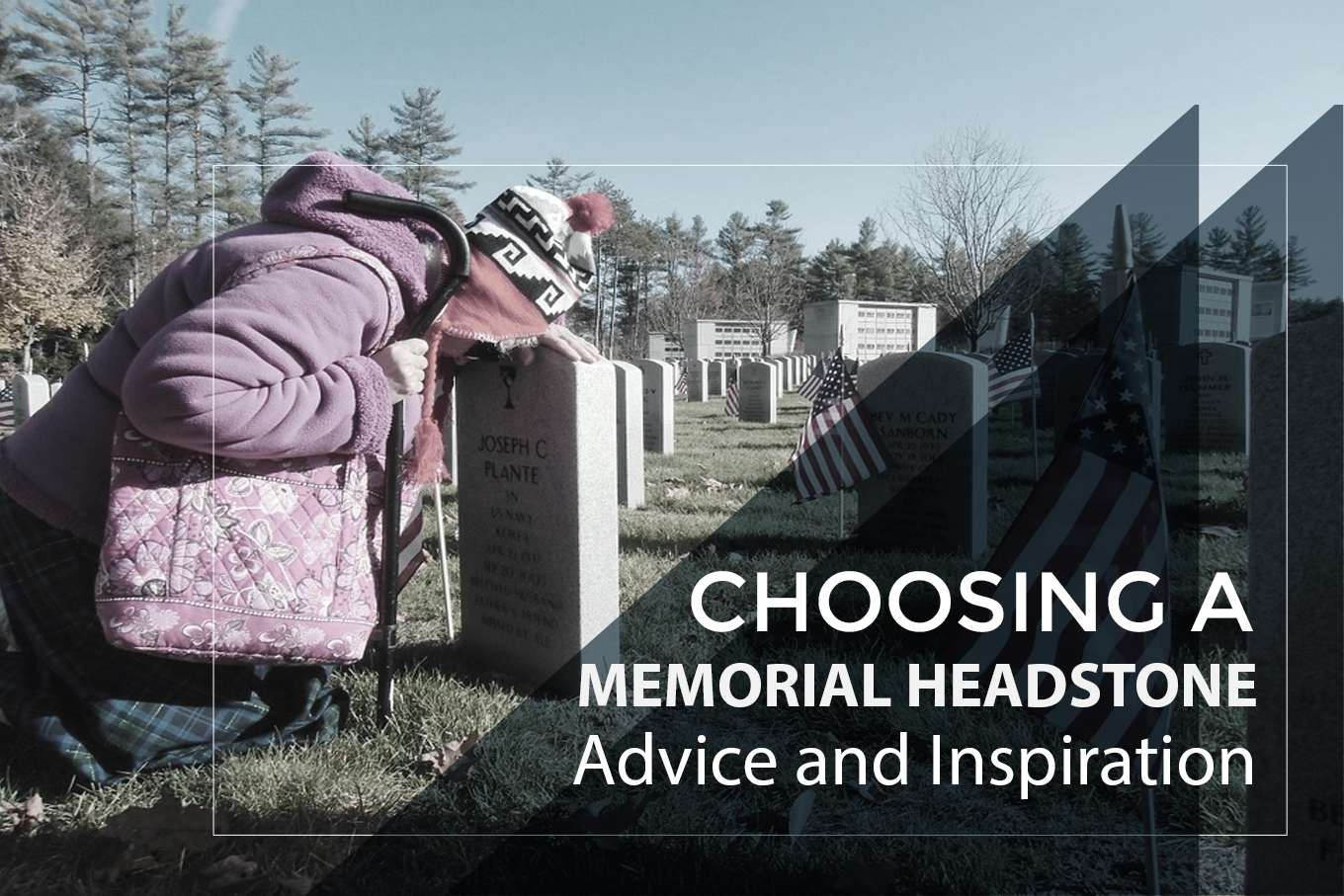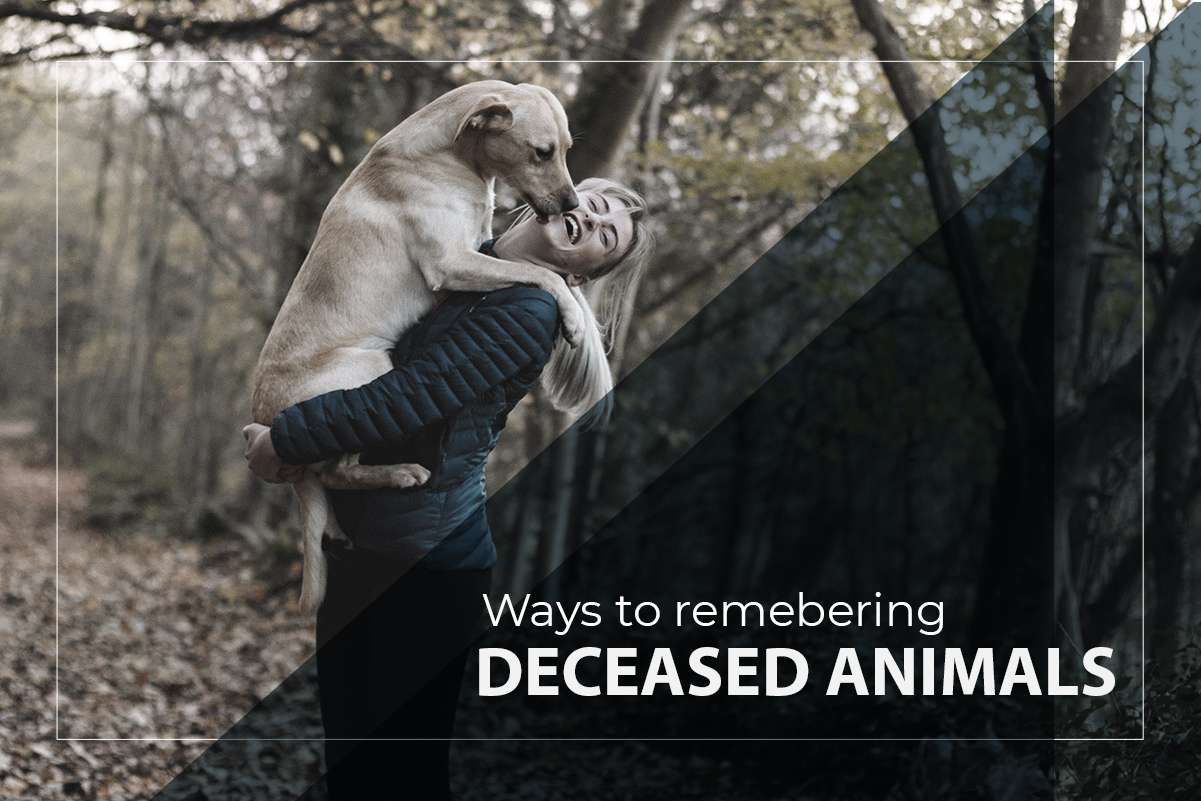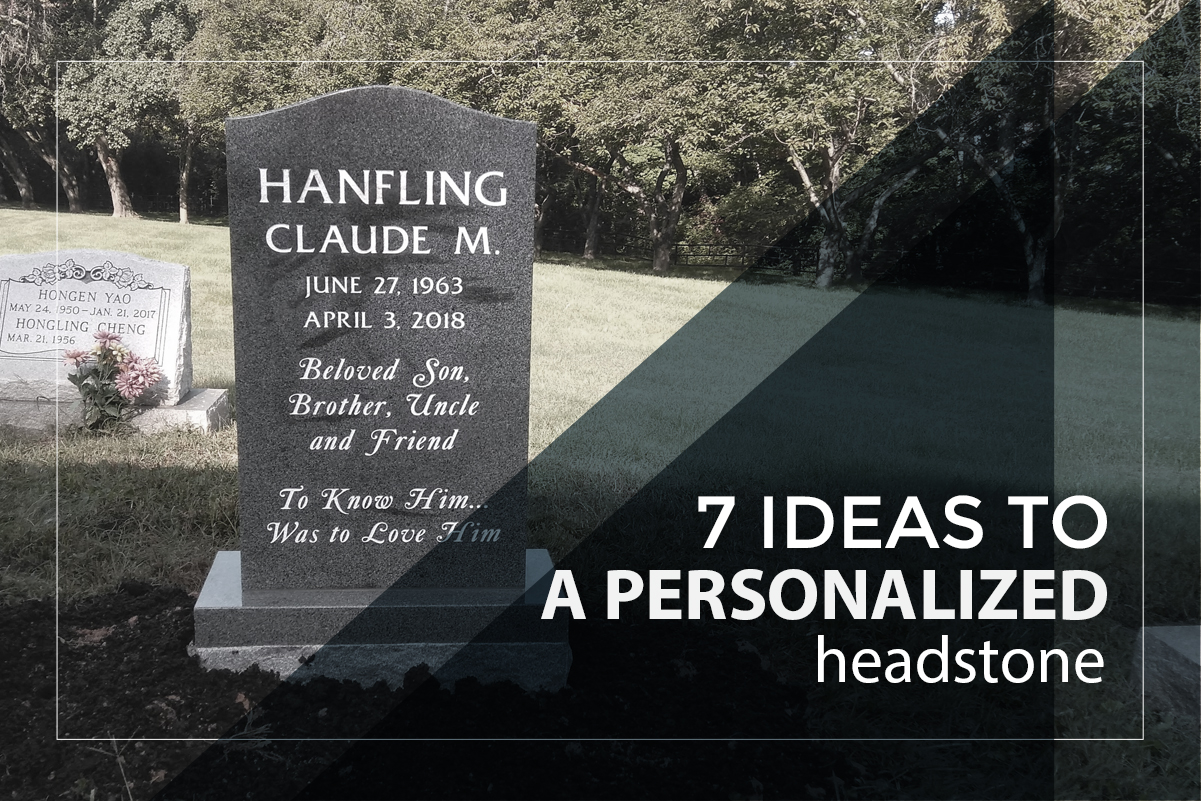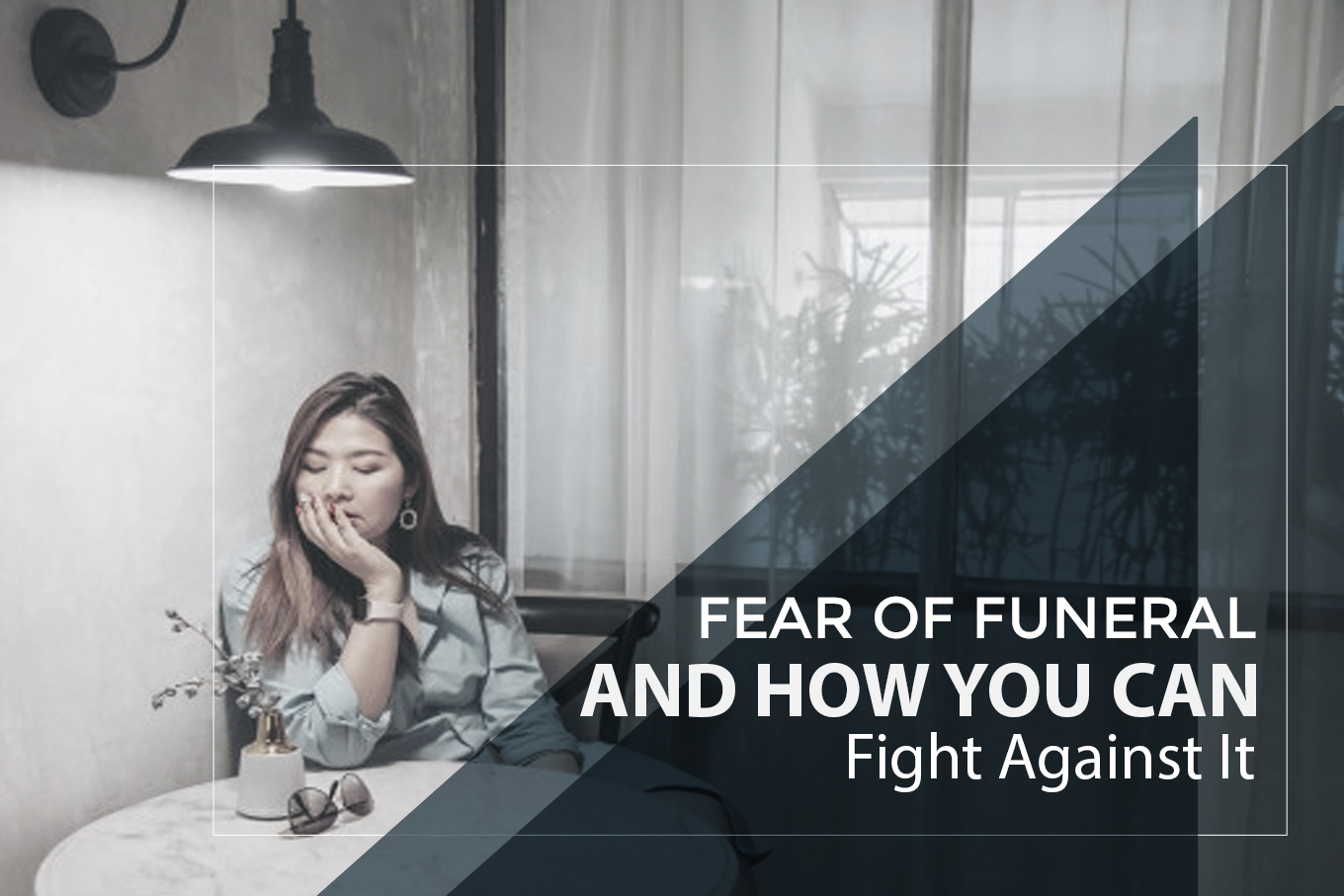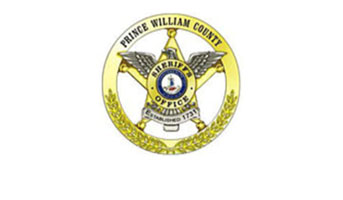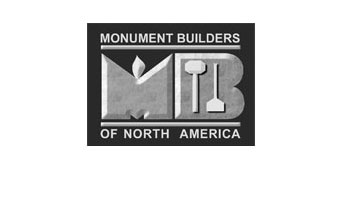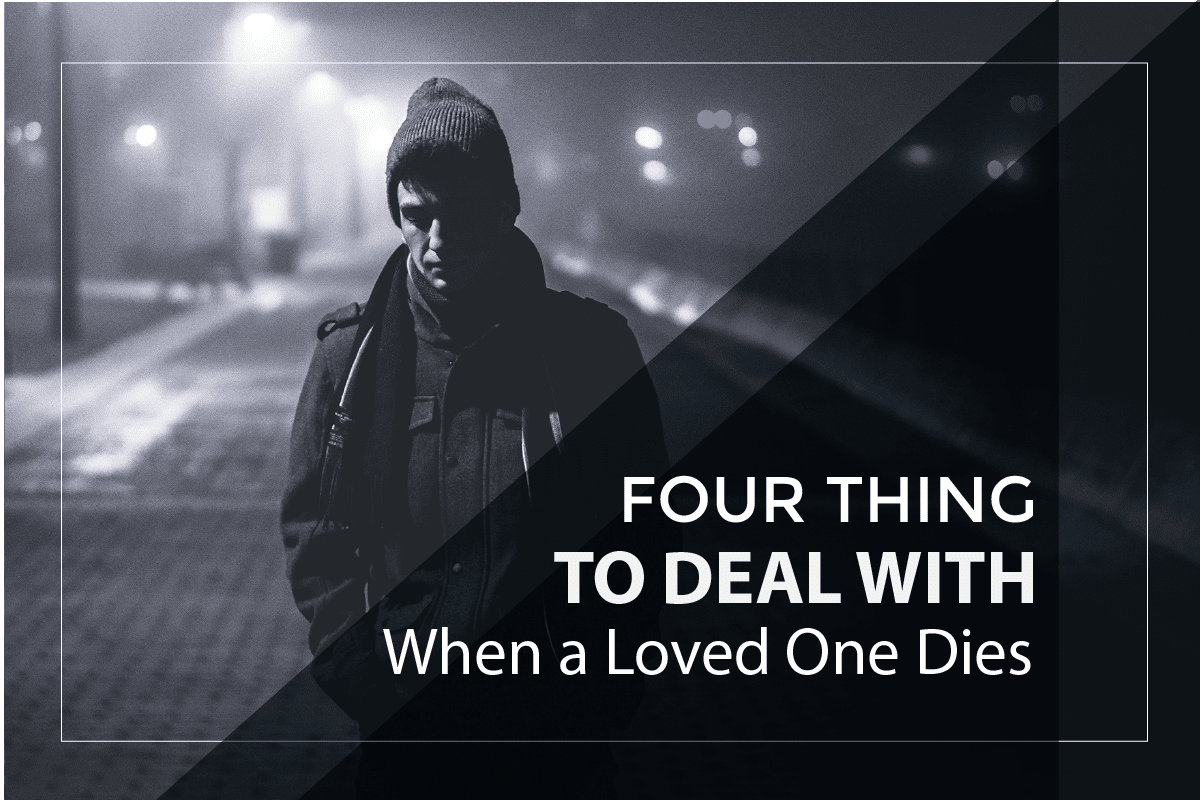
Four Things You Need To Deal With When A Loved One Dies
Paperwork is the last thing you want to think about when a loved one dies. Working through grief, pulling friends and family close around and taking care of the emotional needs seem like the only important things that are worth addressing in the days, and even months after losing your loved one.
That’s why the bureaucratic tasks (i.e. handling bills, checking flat headstones prices, dealing with a funeral home, and finding bank accounts) can take people by surprise, says Eva Shaw, author of What to Do When a Loved One Dies. She says, “Those are things that there’s never a right time for.”
In her guide, Shaw shares an all-encompassing approach to grief management and helps with the daily realities to long-term adjustments. Experts believe that keeping the logistics in control can help prevent unexpected problems in the days and months after a death. But where exactly you need to start? To help you with that we have got a list of activities Granite Memorials recommends:
Make a Formal Declaration of Death
When someone dies, a medical professional or doctor has to officially pronounce them dead in order for the process to move forward. If someone dies in a nursing home or a hospital, the available staff is responsible to provide that service. However, if someone dies at home, those with the deceased should call 9-1-1. The dead body is then immediately transported to an emergency room, where they can be declared dead and moved to a funeral home.
Inform Family and Friends
You need to ensure that calls are made to friends, family, and acquaintances of the person who died and make arrangements for a memorial or service.
Make Burial Arrangements
While at the dead body is at the mortuary, you will have choices to make around burial or cremation. “It’s essential that you know your rights in these situations,” says Scott Smith, author of When Someone Dies: The Practical Guide to the Logistics of Death. For example, many morticians might even try to sell you an urn for ashes, even though you’re not required to have one.
In his book, Smith further advised that it’s important to get multiple copies of the death certificates that are provided by the funeral home or mortuary. These certificate copies will become important later on when dealing with financial institutions.
Despite going with a straightforward cremation, the funeral costs can add up, which is good to keep a check on. If the deceased was in the military, some of these costs might be covered. So, contacting the relevant groups is also important here, says Smith.
Cancel Social Security
Smith outlines that the moment someone dies the Social Security benefits they were receiving stops. It’s vital not to cash and checks and timely inform the agency of death, as any social security used after someone’s death has to be given back. Taking care of the social security benefits and getting it canceled at the right time can avoid potential problems from arising.

